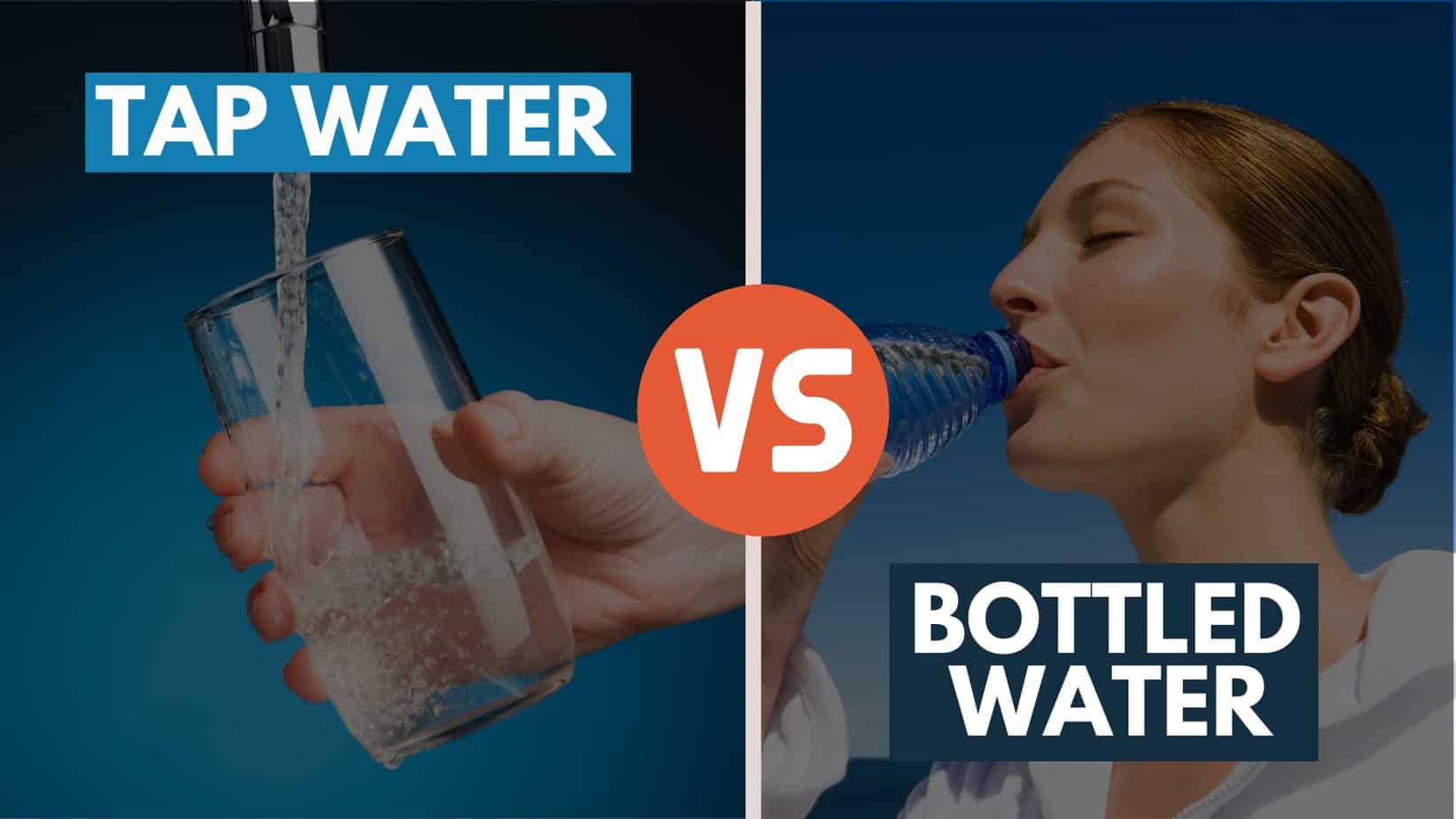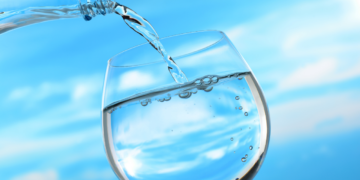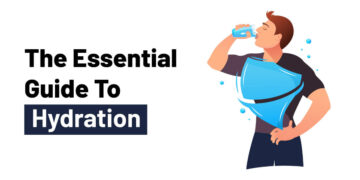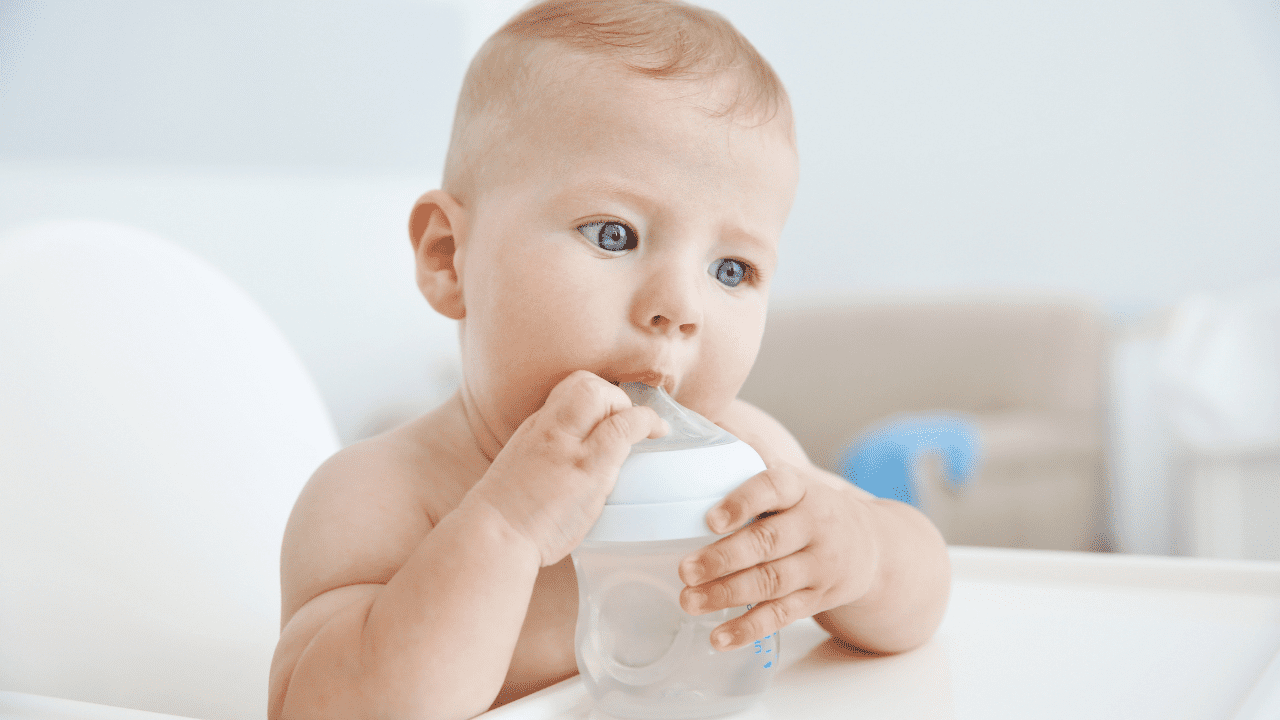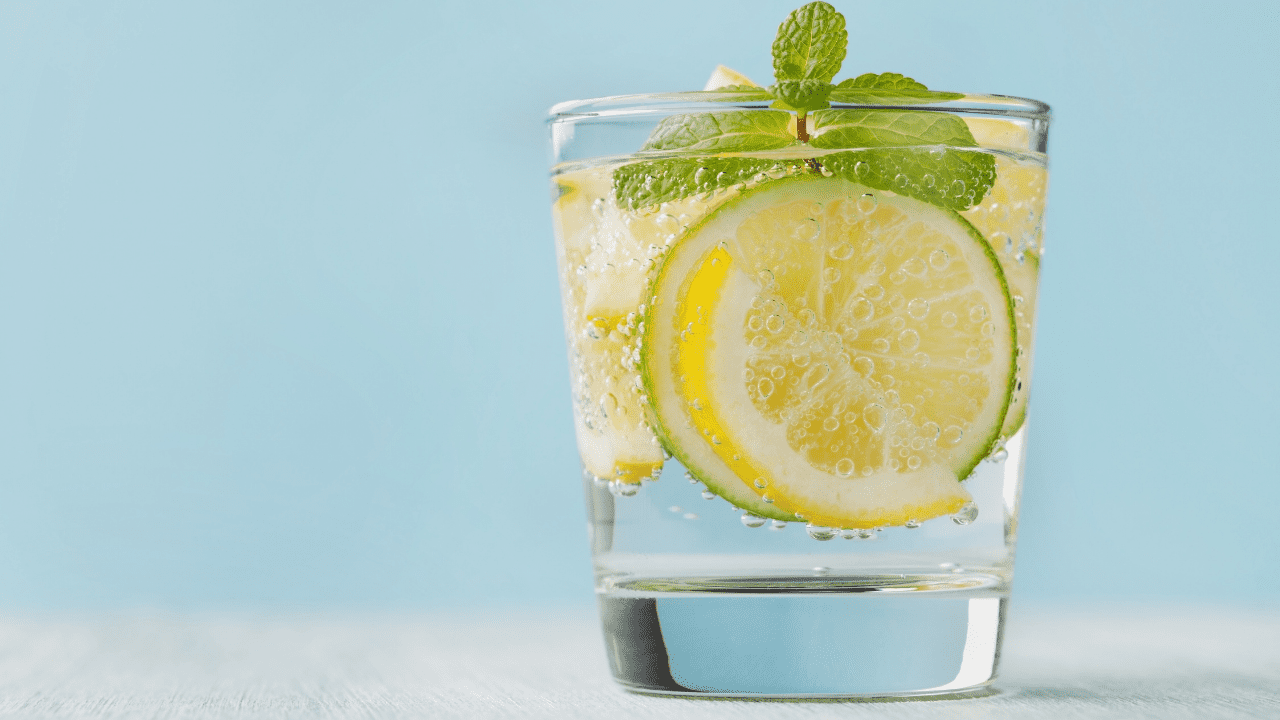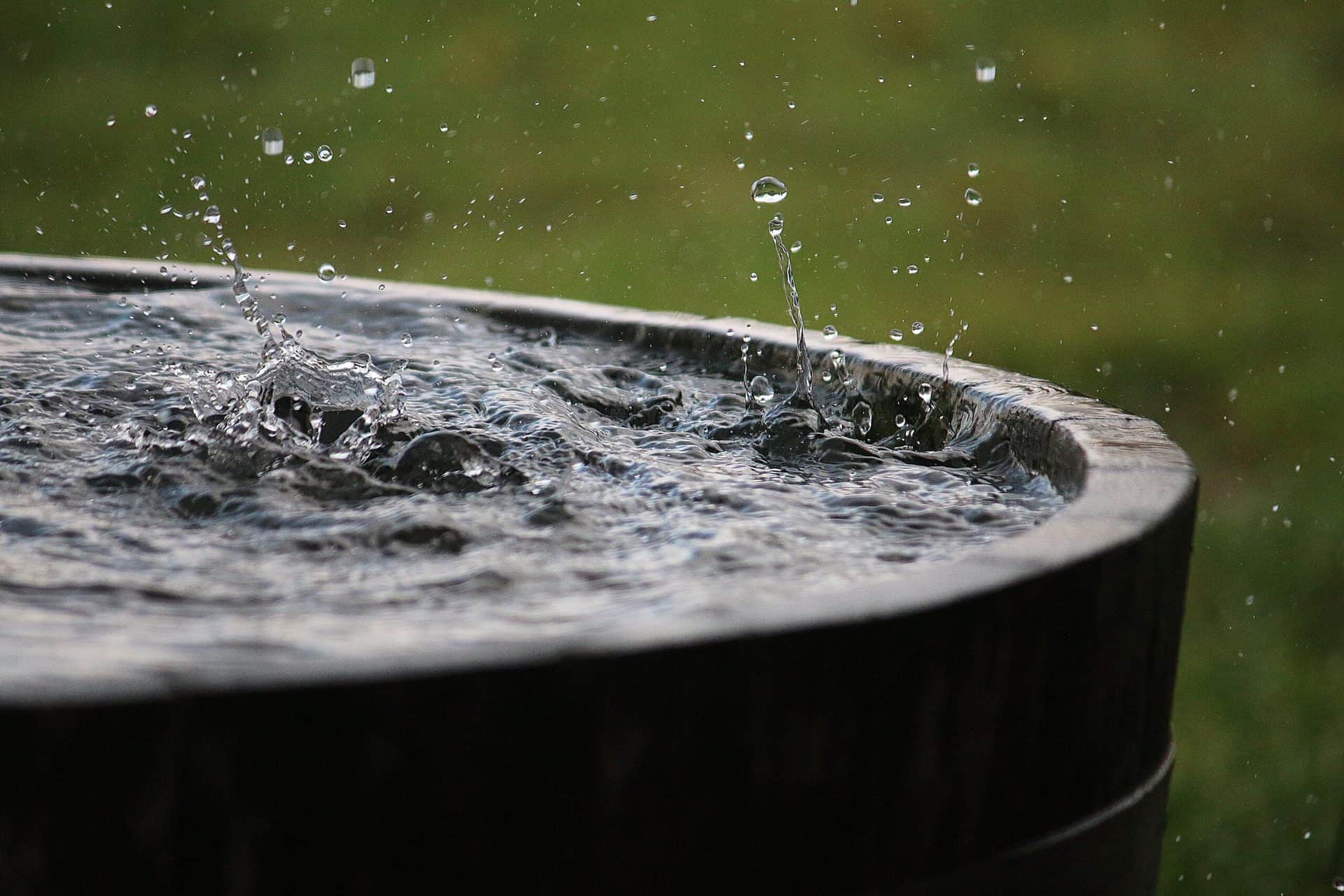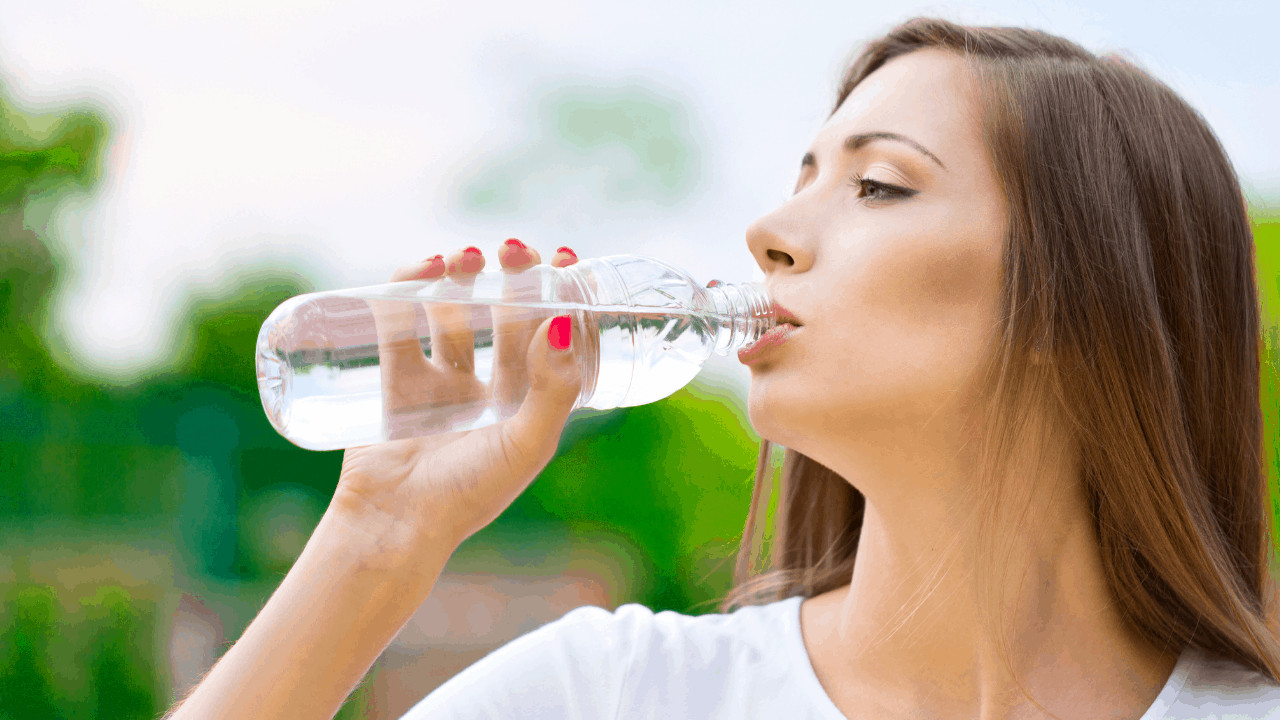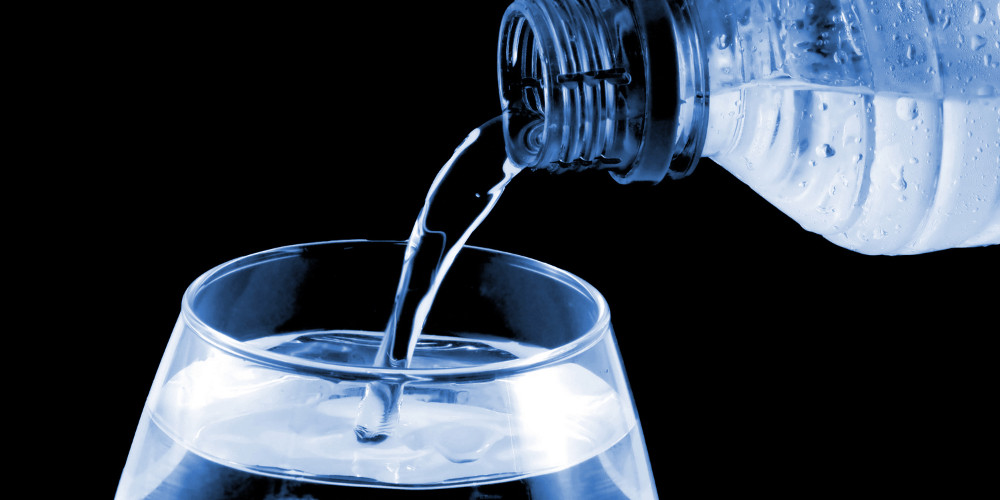
Over the past few decades, bottled water has become more and more popular. With its popularity, however, came the dialogue about its actual quality – is bottled water actually good for our health? Is it actually unhealthy? Is there any significant difference between bottled water and the tap water we all have at home? Are we actually just paying a significant markup for the same thing when we choose bottled water over tap water?
Bottled water companies are insisting that their products are of the highest quality and that the process that water goes through is designed to drastically increase its quality and health benefits. They are also categorically denying that plastic bottles have any negative effects on the water’s quality.
At the same time, proponents of tap water claim that there is no difference between bottled and tap water. They stand fast in their belief that the processes that bottled water goes through in the factories are superficial and have no meaningful effect on its quality. They add that the chemicals that exude from the plastic of the bottles into the water have a drastically negative effect on the water’s quality.
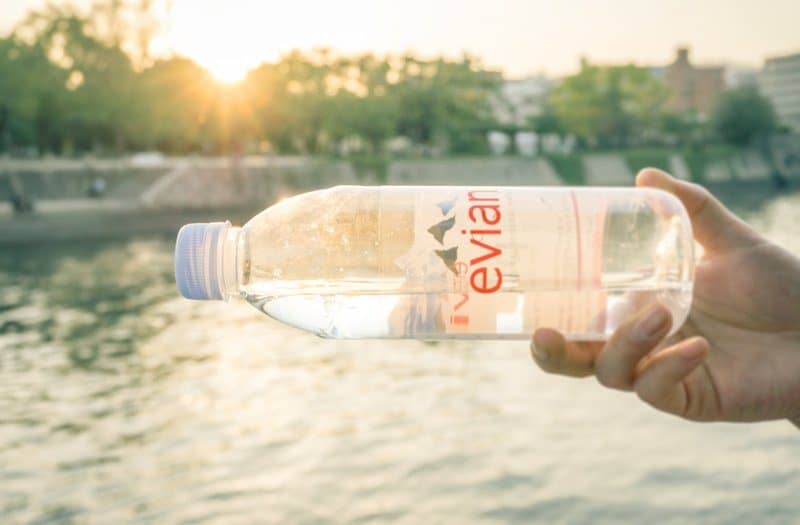
So, which is it, and what are the facts? It is not an easy task to differentiate between the actual scientific information and all the pseudoscience that either side potentially has at its disposal. But let’s try nevertheless.
An Overview Of The Situation
One of the key things that everyone must consider before comparing bottled and tap water is that the quality of both is entirely dependent on their distributors. Different brands of bottled water use different sources for their products, as well as different processes in their purification and bottling.
And the same goes for tap water – while all tap water is EPA (Environmental Protection Agency), tap water comes from the municipal supply and is managed by each municipality individually. However, depending on where you live the tap water can be “harder” or “softer”, more purified, or more contaminated.
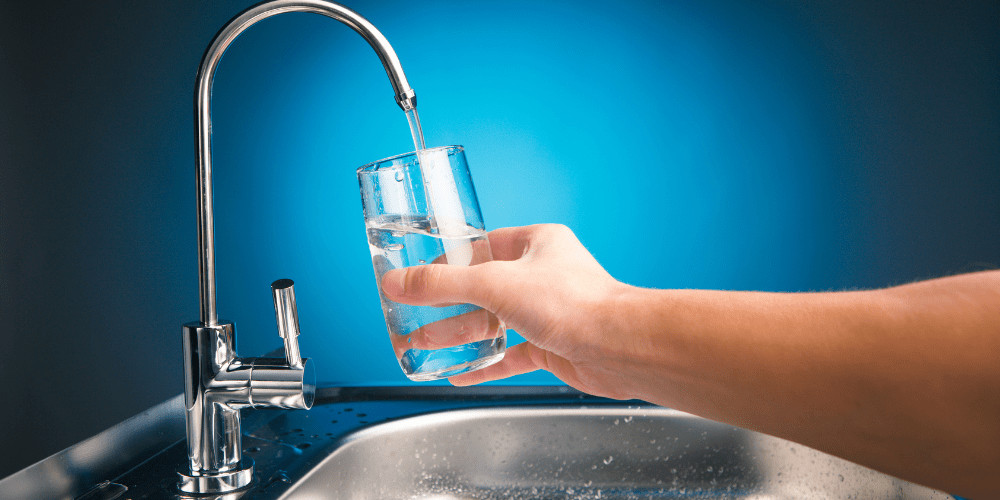
This is why there are entire countries where tap water is generally deemed “not suitable for drinking”. While the U.S. is obviously not one of these countries, there are cases in different cities and states in the U.S. where tap water has been found to have unacceptable contaminations (like the Flint Water Crisis, for example).
In other words, regardless of the data we’ll provide next, remember that even some of the general differences between tap and bottled water are highly dependent on the situation. So, as a consumer, it is important to take a look at the big picture, but also pay attention to the particular brands of bottled water you are buying, as well as the particular city, state, or country you live in.
Tap Water Vs Bottled Water
If we put aside the smaller or bigger differences between the different brands of bottled water and the different municipalities that provide tap water, there is a number of general differences that we can summarize between the two:
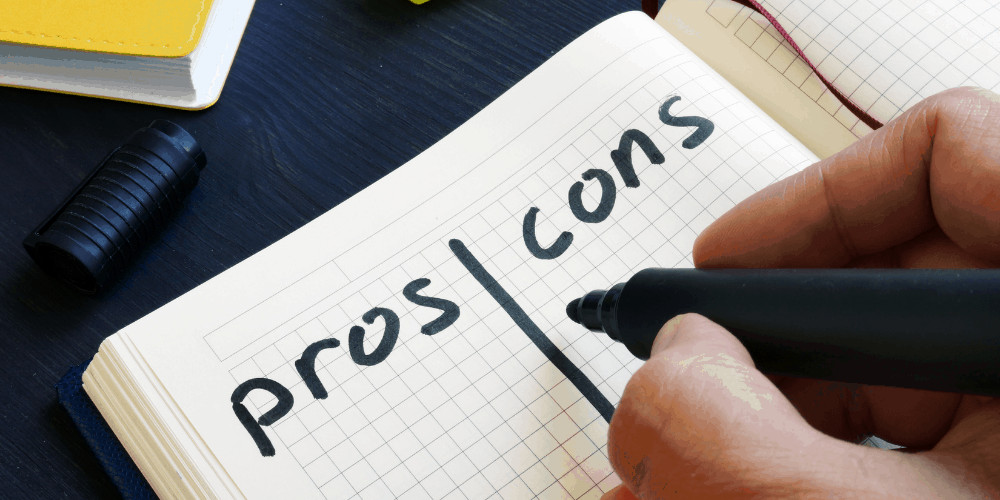
Pros
- Convenient – If you’re out and about, buying a bottle of water is a convenient way to stay hydrated.
- Follows approved safety regulations – It is at least safer than drinking water from a well. In rural areas with no safe tap water, bottled water is your safest bet.
- Taste – Most bottled water companies ensure their water tastes fresh and clean.
- Availability – You can find bottled water in just about every corner store and cafe.
Cons
- Expensive – Over time, drinking bottled water does become a costly habit.
- Harmful for the environment – Plastic bottles have contributed to serious problems for ocean life and CO2 emissions.
- Not always filtered – bottled water doesn’t always get more filtered than what you already get from the tap
So, Is Bottled Water Better than Tap Water?
No, not necessarily mostly because the Health and Safety Standards are the same
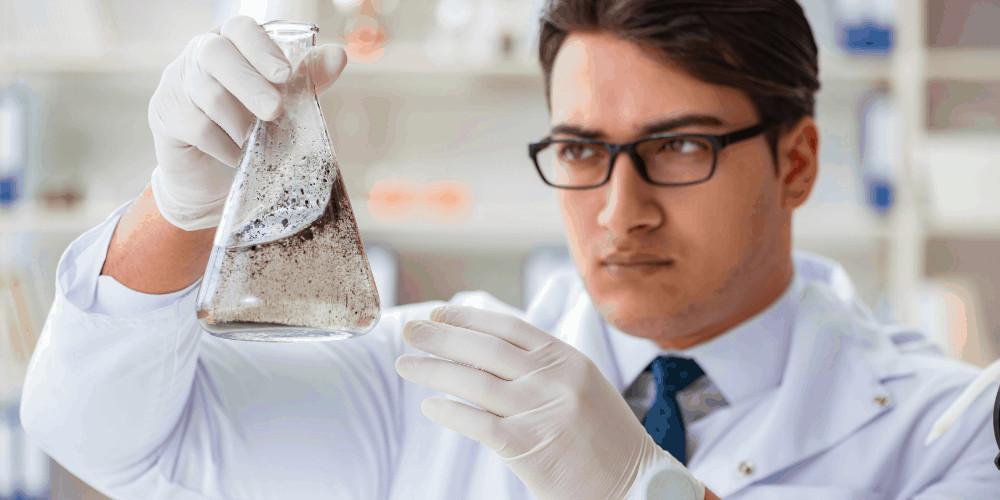
This means that bottled water companies are under no obligation to further treat their water if it has come from a local tap supply. In theory, companies could pour tap water straight into bottles and stick it on the shelves.
In a recent study, 1,000 bottles of water from over 100 brands were tested. Roughly one-third of the bottles contained water that was over the legal limits for synthetic organic chemicals, bacteria, or arsenic. It has also been suggested that bottled water can become a breeding ground for some microorganisms and bacteria.
It has even been shown to cause acute gastrointestinal illness in rare cases.
Some Bottled Waters Are Above Municipal Standards
Of course, not all bottled water is the same as tap water.
Many companies do treat and filter their water before it is bottled.
Look for bottles with words like “filtered”, “pure”, and “treated” on the label. Or, keep reading to see our list of recommended bottled water companies.
There is too Much Chlorine And Fluoride in Tap Water
On the other side of the debate, the U.S. is one of the few remaining developed countries that still put chlorine and fluoride in tap water. The effects of these two chemicals are intended to keep the water clean of any other contaminants while they themselves are being used in low enough quantities so as to not be harmful to us. And on paper this is true, but the levels of fluoride and chlorine are such so that they are on the verge of having an actually harmful effect on the human body. So, especially for people that drink a lot of water (athletes, people with physical conditions, people that live in hot and/or dry places, etc.) this can be understandably worrying.
If you are looking for ways to deal with the fluoride and the chloride in tap water, as well as to improve its taste, boiling it for 10-15 minutes and leaving it in the fridge is the good ol’ way, but for something more modern, you can use different countertop water filters, under sink filters and refrigerator water filters to deal with this as well.
FAQ
Is Bottled Water the Same as Filtered Water?
Because bottled water only has to follow the same safety standards as tap water, it isn’t necessary for companies to filter their water before it is sold. While some companies will use a filtering process, others will not. This means that if you are looking for filtered water, some bottled water companies might not be the best bet for you.
Should You Buy A Water Filter?
After being bombarded with so much info it may be a bit confusing to decide what exactly your best course of action is. There are a lot of objective negatives that can be told about bottled water, but tap water – especially in the U.S., compared to other developed countries, as well as in many developing countries – has its downsides as well. Especially in the event of natural events and disasters such as earthquakes or hurricanes, tap water can become significantly unsafe.
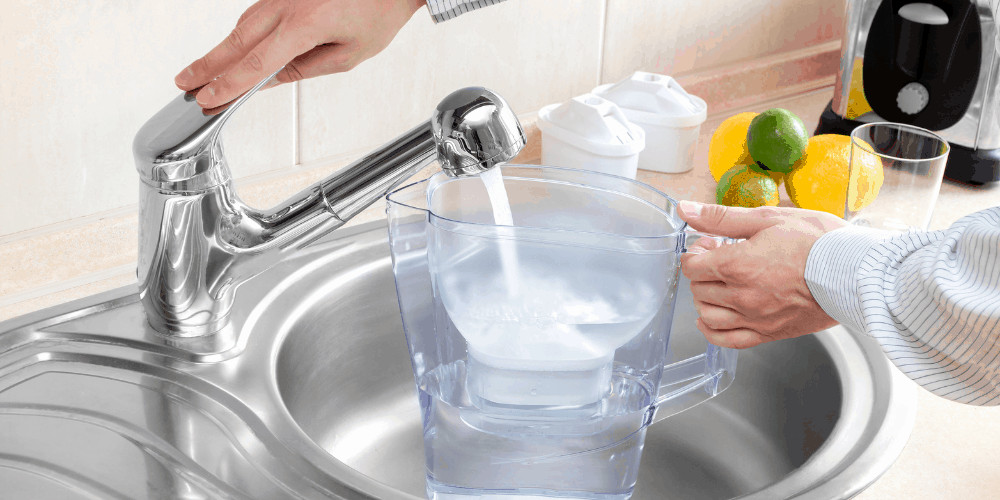
So, in our opinion – if you are living in a city, state or area, where the tap water is proved to be of high quality, sticking to tap water is both the cheapest and healthiest thing you can do, especially with the help of high-quality whole-house systems, faucet water filters or refrigerator water filters. And by utilizing small glass bottles (or thick plastic bottles) you can also make sure that you are never left thirsty while you are outside. However, if you live in an area where tap water is of questionable quality or some recent events have made tap water undrinkable – bottled water can be your savior.
Which Brands of Bottled Water are the Best?
Here are a few of the best companies for pure bottled water:
- Aqua Hydrate
- Essentia
- Icelandic
- Real Water
- Fiji
- Deer Park Natural Spring Water
- Evamor
All of these companies go above and beyond to ensure that unsafe contaminants are removed from their water before it is placed on the store shelves.
Something that you can’t deal with, however, is the plastic that is often exuded from the plastic bottles into the water. Bottled water brands maintain that they use the highest quality plastic there is and that this is a myth, but especially in warm or hot conditions, it is a scientifically tested fact that the plastic contaminates the water. As a result, you should never drink bottled water that has been left in the sun, in a car, or even just in any unrefrigerated place for too long. And, if you consider the fact that you buy the bottled water from convenience stores and not directly from the manufacturer – you have no guarantee on how exactly the bottles were stored.
And, if you are environmentally conscious, you probably know that the bottled water industry is one of the major environmental threats of the 21st century. Add these factors together and you can see why water filtration bottles are becoming so popular.
Lastly, there is the fact that the regulations on tap water by the EPA (Environmental Protection Agency) are much more stringent than those on bottled water by the FDA (Food and Drug Administration). So, while bottled water contains less fluoride and chlorine, you are never really certain what you are drinking.
Wrap Up

Now that we’ve examined the pros and cons of bottled water, is it really worth it?
We suggest that bottled water should only ever be consumed in emergencies. For at-home use, investing in a filtration system will save you money and will likely produce safer purer water. For trips and outings, we recommend purchasing a reusable water bottle with an inbuilt filter. This way, you can refill the bottle without worrying about consuming harmful contaminants. Plus, the environmental impact of bottled water cannot be ignored or taken lightly.
Of course, bottled water can be consumed if there really is no other option. For instance, it can be useful on holidays when the tap water in your rental apartment isn’t safe. Or, it can be a hydrating lifesaver when you’re out for the afternoon on a hot day without a water bottle.
We hope you’ve been able to reassess the benefits and downsides of bottled water in this article. What is your favorite way to consume water? Let us know your experience with bottled water below!

